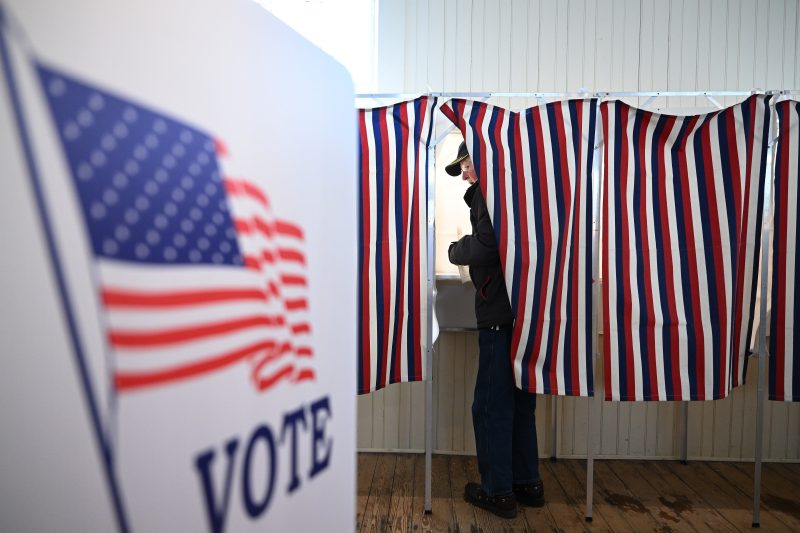In today’s polarized political landscape, the issue of the Electoral College and the National Popular Vote Plan (NPV) has stirred up heated debates on the foundation of democracy in the United States. The Electoral College system, established by the Founding Fathers, has been criticized for being undemocratic due to its potential for inconsistencies between the popular vote and the final outcome of presidential elections. The National Popular Vote Plan seeks to address these concerns by advocating for a system where the president is elected by a direct popular vote. While the NPV has garnered support from some quarters, it also faces significant challenges that need to be carefully considered.
One major challenge facing the National Popular Vote Plan is the complex nature of implementing such a system. The United States has a federal system of government, and any significant changes to the electoral process would require a constitutional amendment or a cooperative agreement among states. This makes it difficult to enact the NPV, as it would require the consent of a majority of states to allocate their electoral votes to the winner of the national popular vote, rather than the winner of their state’s popular vote. Achieving consensus on such a significant change is no easy task and would likely face resistance from states that benefit from the current system.
Another challenge facing the NPV is the potential for unintended consequences and the lack of clarity on how a national popular vote would impact the political landscape. Critics argue that a direct popular vote could lead to a concentration of campaign resources in heavily populated urban areas, neglecting the interests of voters in less populous regions. This could further exacerbate political divisions and deepen the urban-rural divide in the country. Additionally, the NPV could diminish the influence of smaller states in presidential elections, as candidates may focus more on winning over densely populated areas to secure a majority of the national popular vote.
Furthermore, the National Popular Vote Plan raises concerns about the security and integrity of the electoral process. With the rise of cybersecurity threats and foreign interference in elections, transitioning to a national popular vote system could pose new challenges in safeguarding the integrity of the electoral outcome. Ensuring that every vote is counted accurately and securely in a nationwide popular vote presents logistical and technological challenges that must be carefully addressed to maintain the trust and credibility of the electoral process.
In conclusion, while the National Popular Vote Plan offers a potential solution to address the perceived flaws of the Electoral College system, it also faces significant challenges that need to be thoroughly examined and debated. Implementing a nationwide popular vote system would require a monumental shift in the current electoral framework and raise complex issues related to federalism, representation, and election security. Any proposed changes to the electoral process must be carefully evaluated to ensure that they promote democracy, equity, and fairness in presidential elections.
